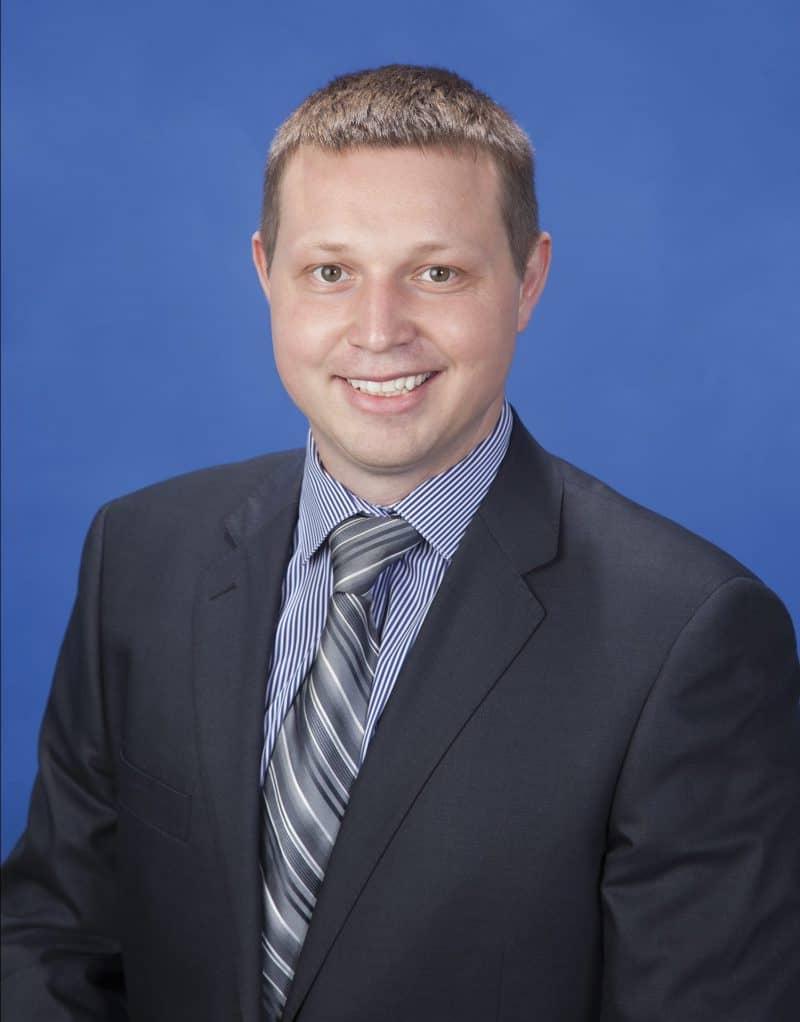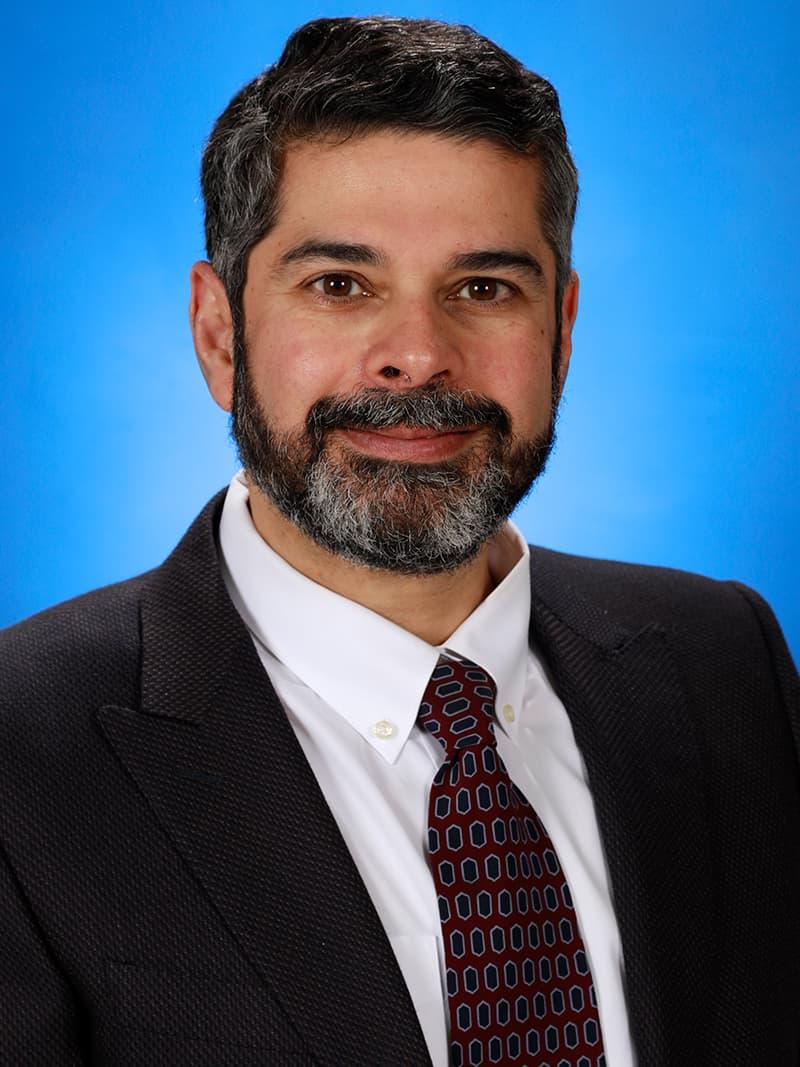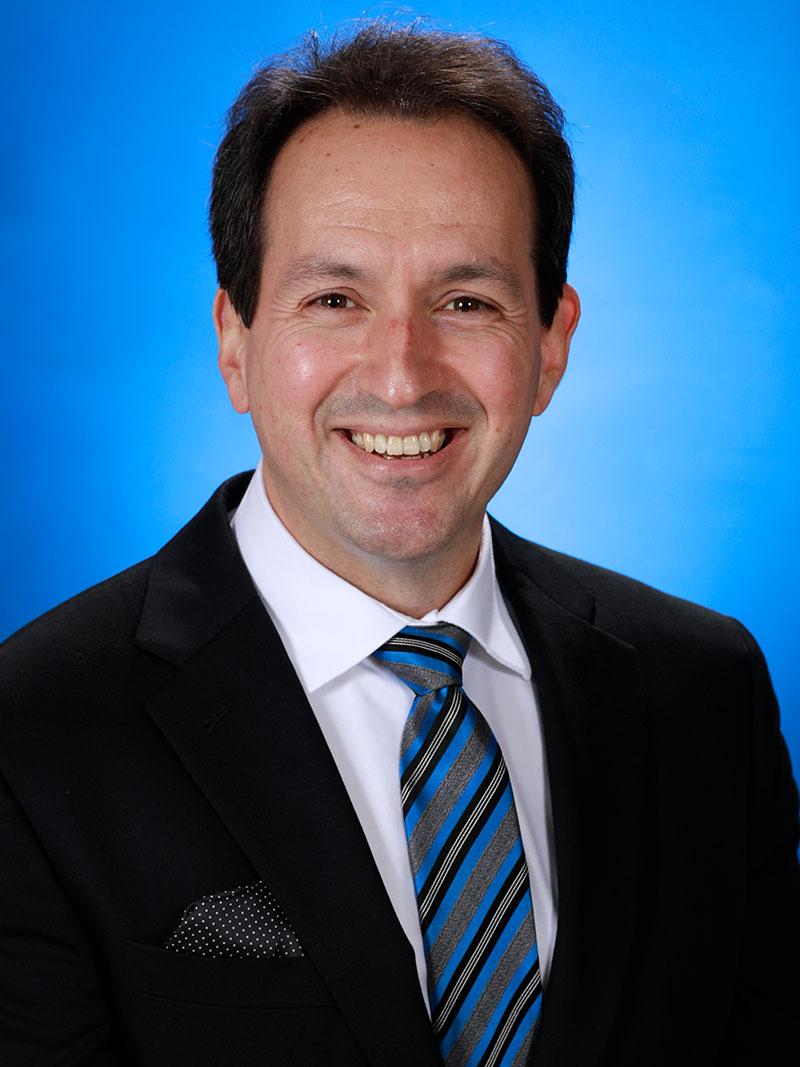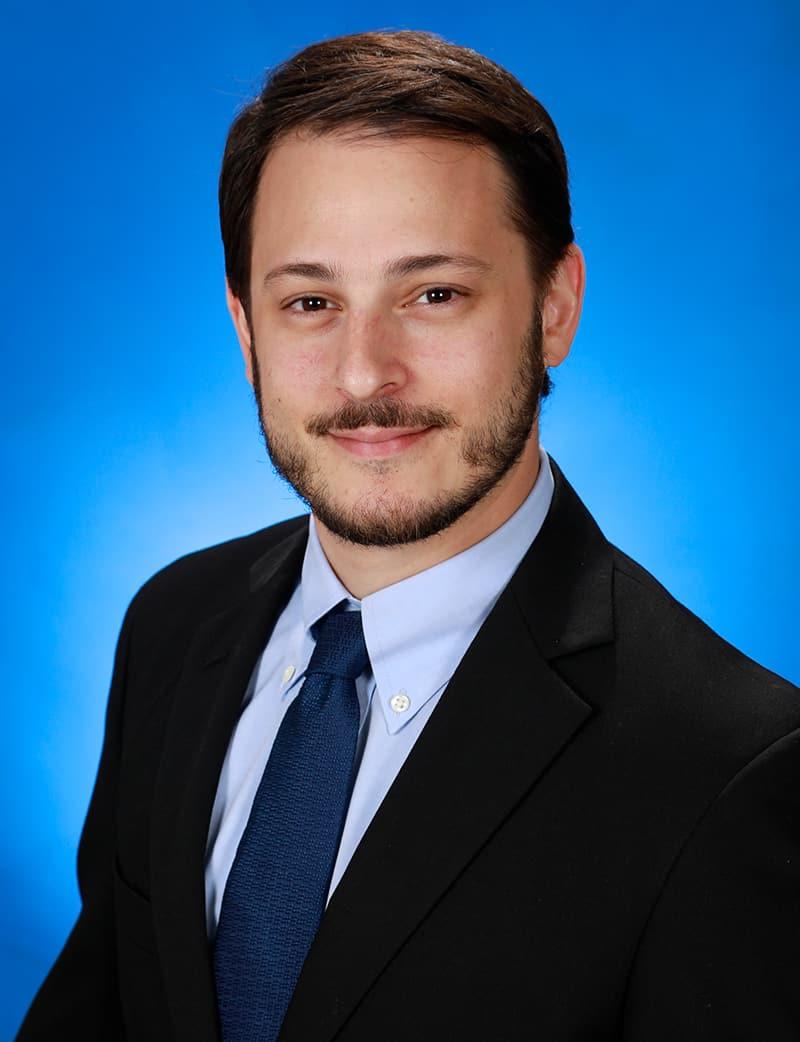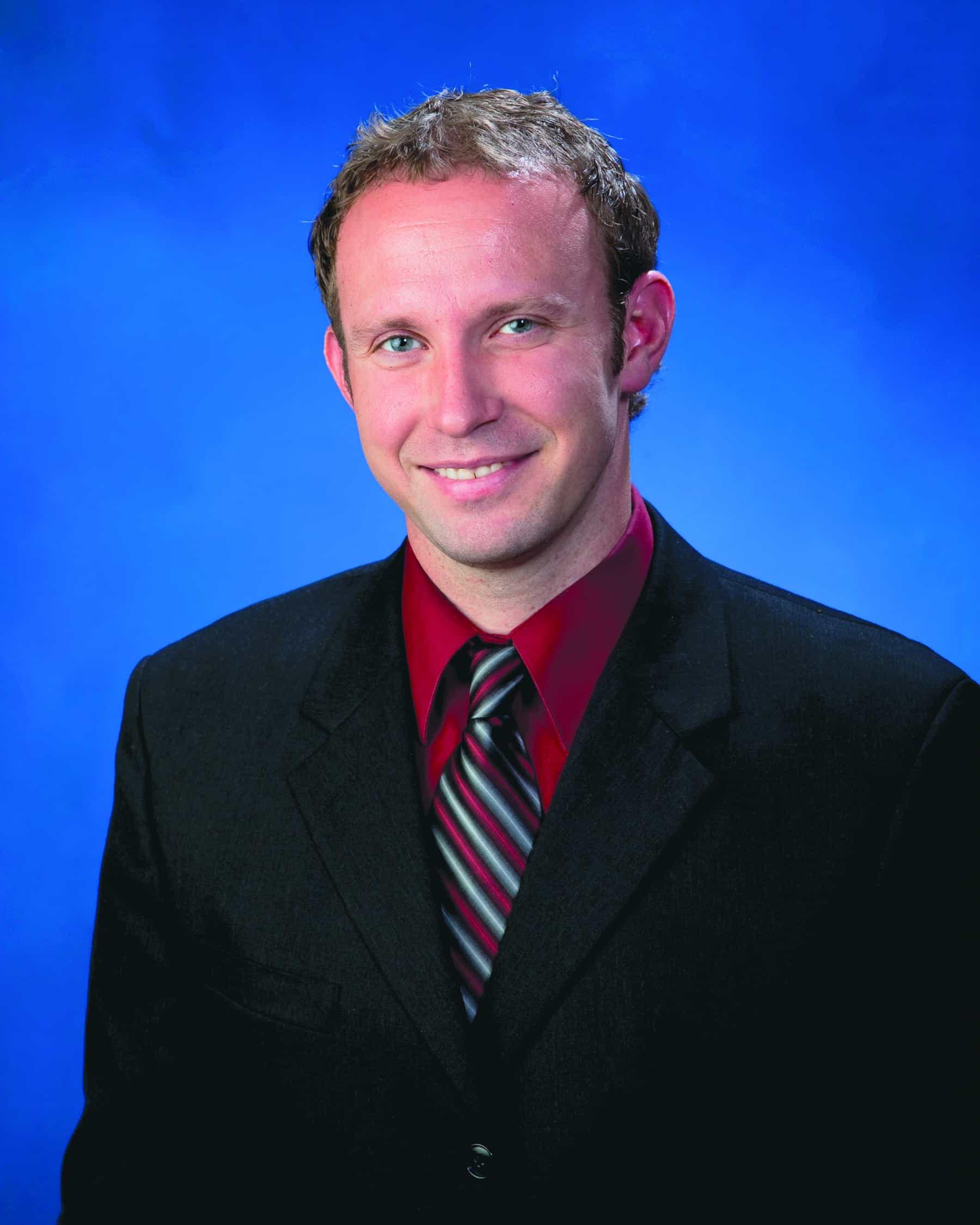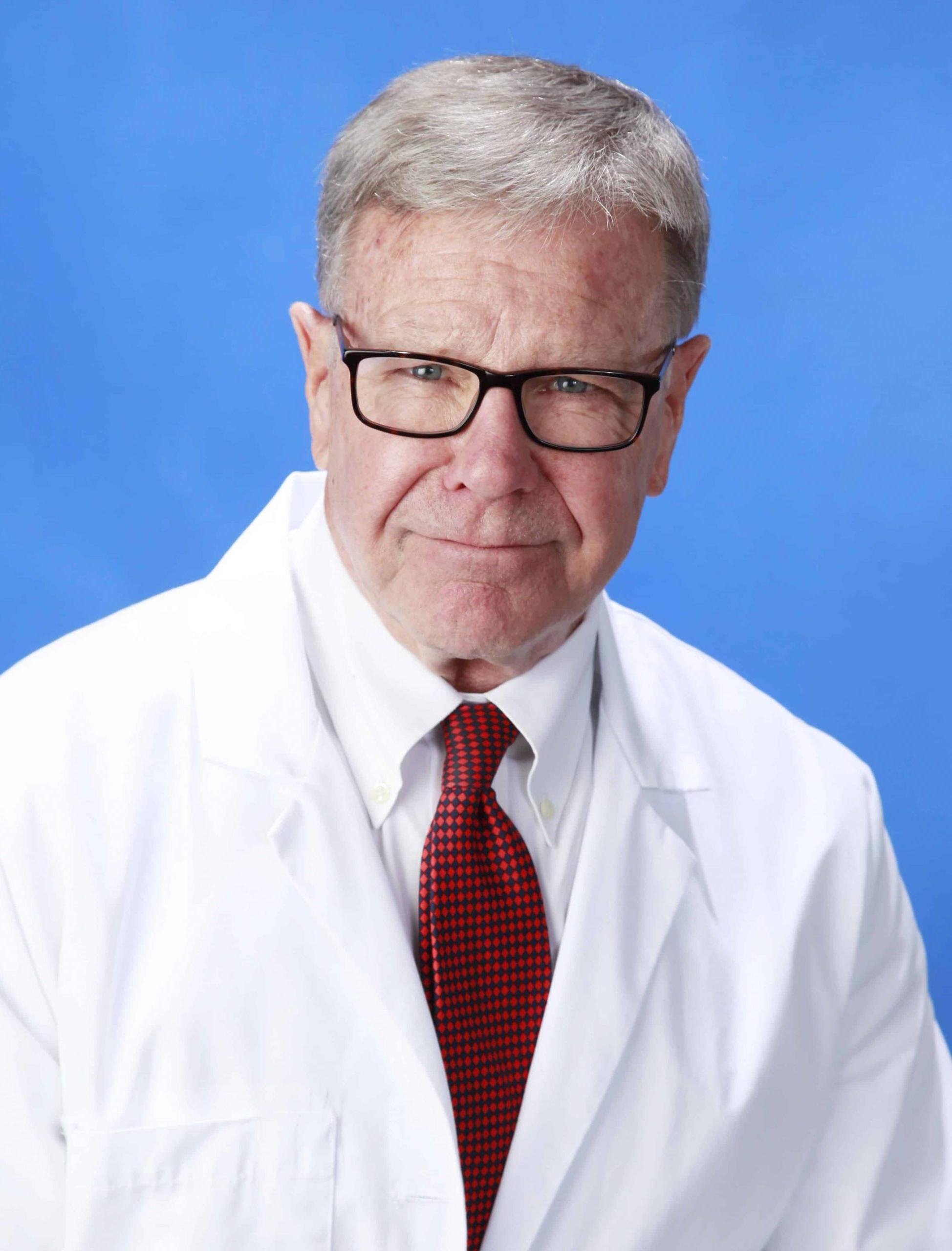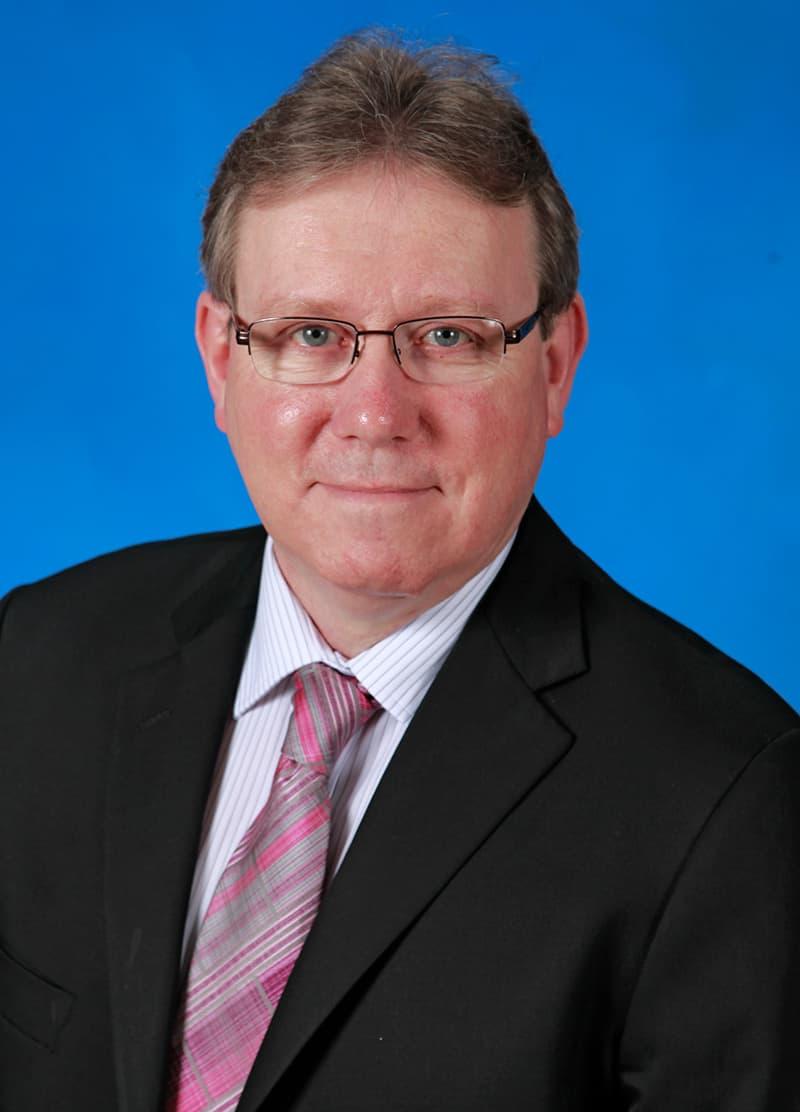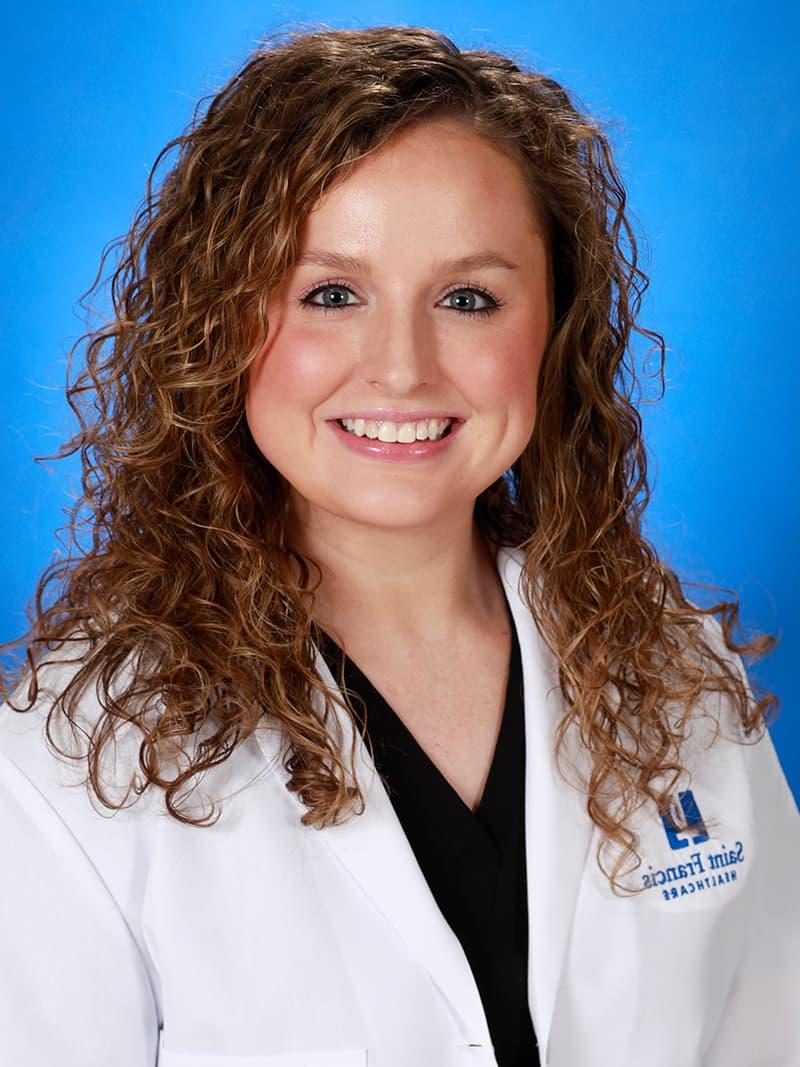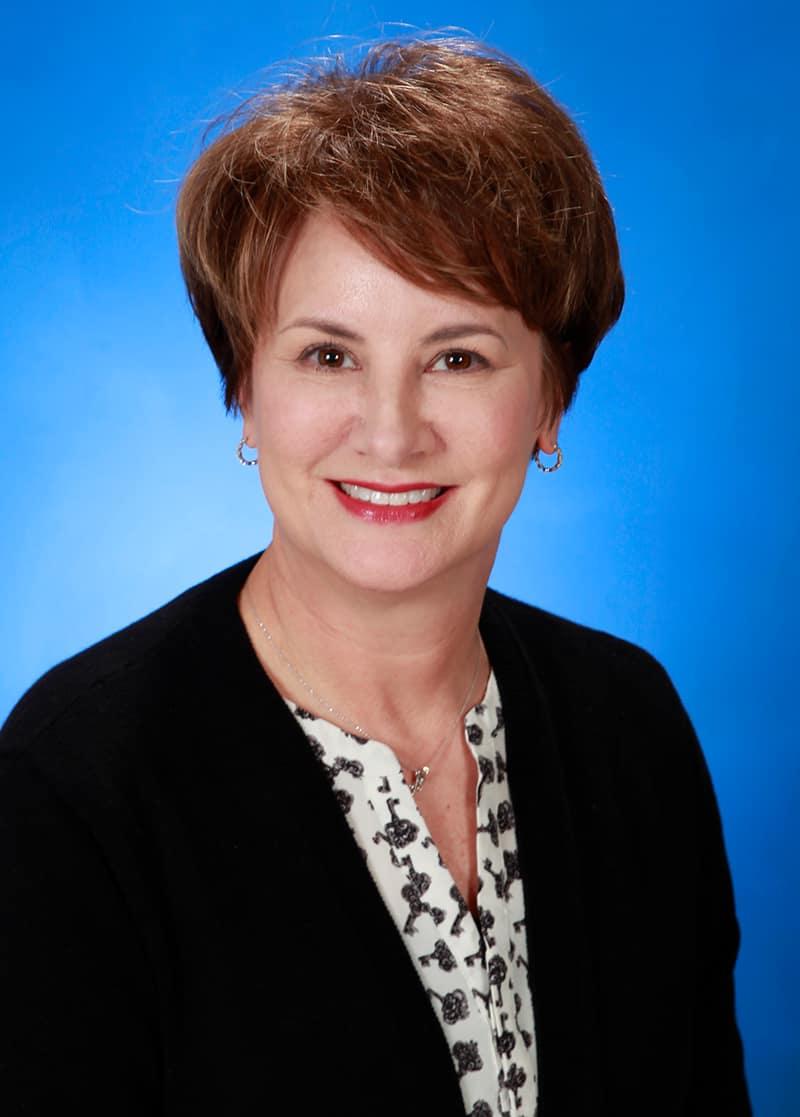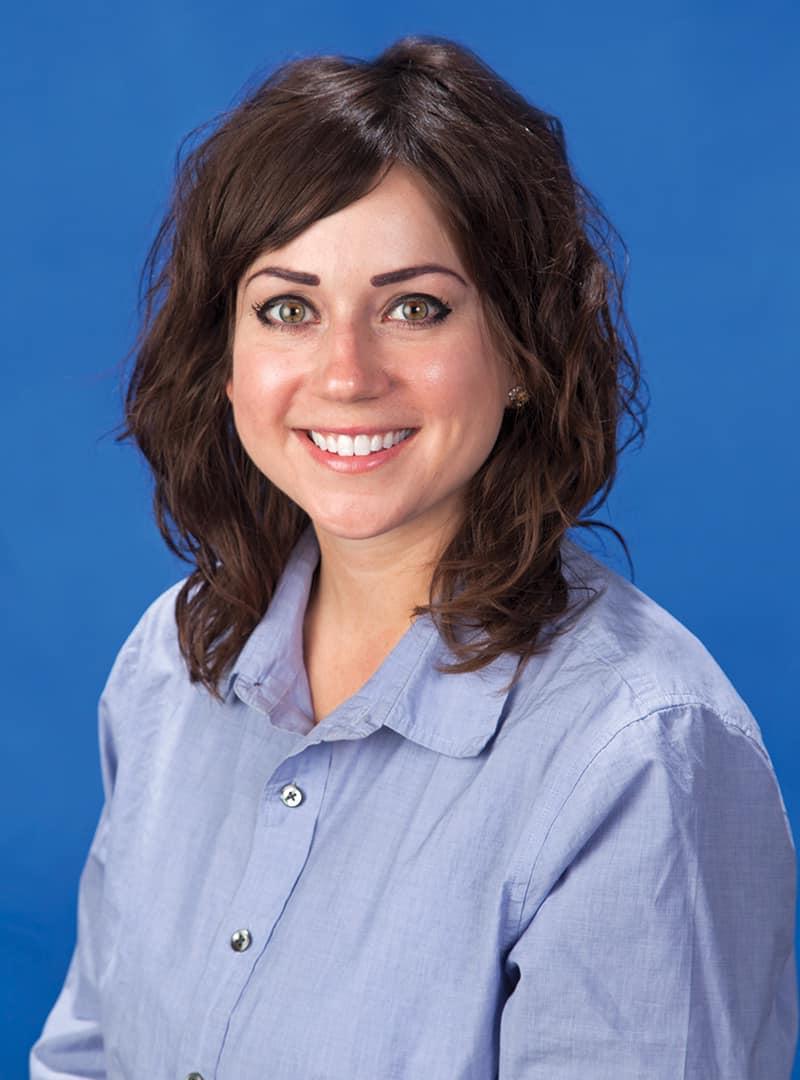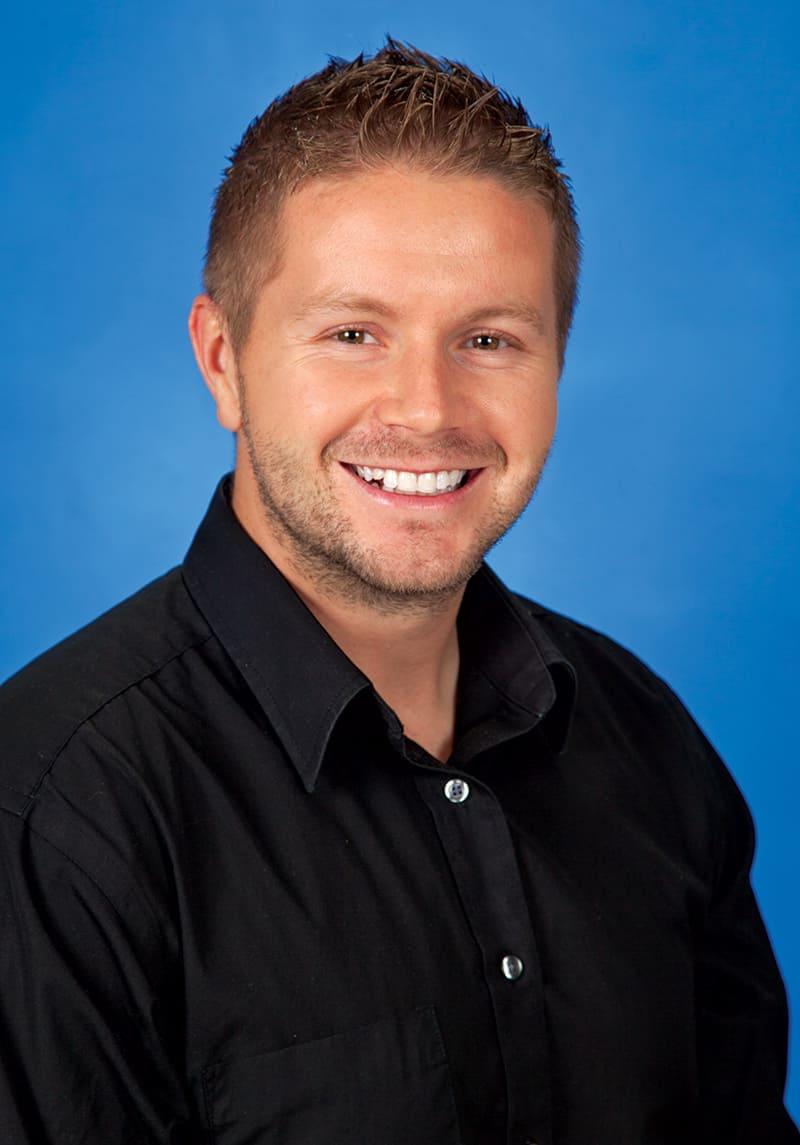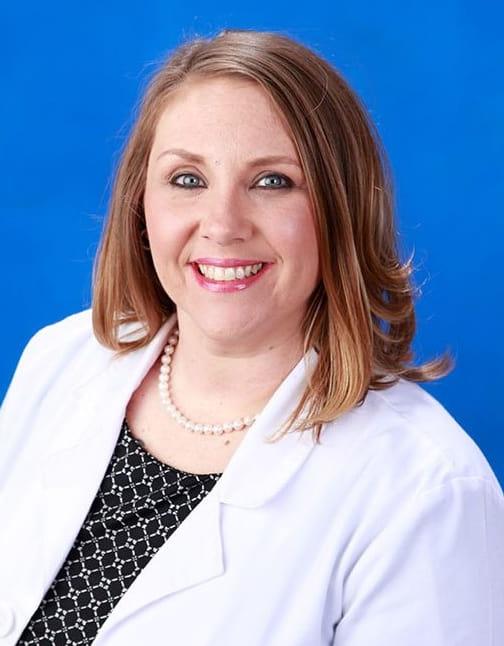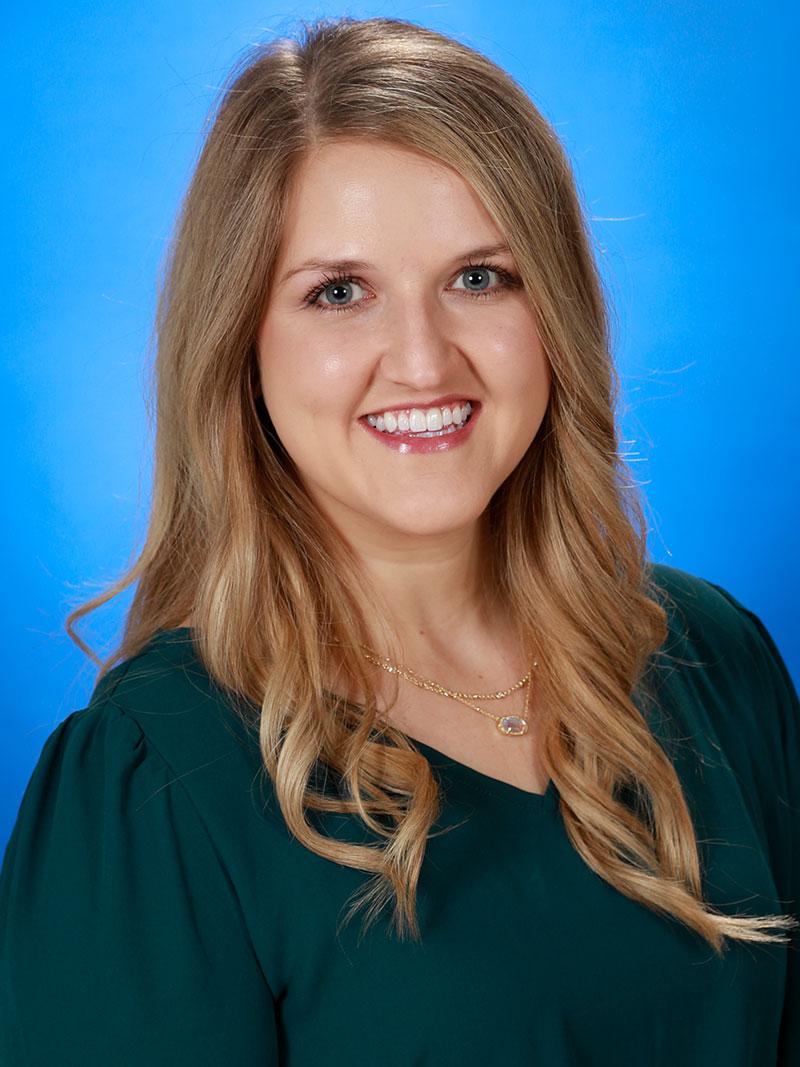What is Amyotrophic Lateral Sclerosis?
Amyotrophic lateral sclerosis (ALS), commonly called Lou Gehrig’s disease, is a disorder in which certain nerve cells in the brain and spinal cord slowly die. The first sign of ALS is often weakness in one leg, one hand, the face, or the tongue. Weakness then slowly spreads to both arms and both legs.
Those with ALS will gradually become more disabled. Some people can live with the disease for several years but, over time, ALS makes it difficult to walk, speak, eat, swallow, and even breathe. These problems can lead to injury, illness, and eventually death. In most cases, death will occur within 3 to 5 years after symptoms begin, although some people do live for many years — even decades.
Signs of ALS
Symptoms of ALS vary but may include:
- Muscle weakness in the hands, arms, feet and legs
- Muscle twitching and cramping
- Slurred speech
- Difficulty swallowing or breathing
About the ALS Clinic
Saint Francis Medical Center’s ALS Clinic, the only one of its kind in the region, draws on the expertise of its multidisciplinary team to provide specialized care that can improve patients’ quality of life. While this aggressive disease is progressive and incurable, the ALS Clinic draws on the expertise of its multidisciplinary team to provide specialized care that can improve patients’ quality of life.
The ALS Clinic offers patients:
- Expert consultation and diagnosis
- Comprehensive care and disease management
- New treatments and therapies to extend life and increase quality of life
- A dedicated, caring team of speech, respiratory, physical and occupational therapists; social workers; a neuropsychologist; a nurse coordinator; and ALS Association case management
Diagnosis
We use several technologies to diagnose ALS, including:
- Electromyogram: Electromyogram is a noninvasive procedure used to detect abnormal muscle electrical activity in many diseases and conditions, including muscular dystrophy, inflammation of muscles, pinched nerves, damage to nerves in the arms and legs, amyotrophic lateral sclerosis, myasthenia gravis, disc herniation and others.
- Magnetic Resonance Imaging (MRI): During magnetic resonance imaging (MRI), the body is exposed to electromagnetic radiation that can detect, process and convert images of the body’s soft tissue, such as the brain or spinal cord, into computer images.
- Nerve Conduction Studies: Nerve conduction studies (NCS) are a form of electroneurodiagnostics, which is the study of electrical activity in the brain and nervous system. NCS use surface electrodes to stimulate and evaluate nerve activity and can assist in the diagnosis of brain disorders and aid in evaluating the function of the nervous system in disease and trauma.
Clinical Research Studies
The Neurosciences Institute offers patients the opportunity to help doctors find answers to neurological illness by participating in clinical drug and surgery research trials.
Rehabilitation Services
Hand Therapy
Hand therapy offers specialized treatment to patients who have lost range of motion, strength or endurance in their hands or arms due to illness or trauma.
Incontinence
Various treatments are available to women who suffer from urinary or fecal incontinence.
Neuropsychology Services
As the only provider in the region with both a neuropsychologist and a behavioral psychologist on staff, Saint Francis Medical Center provides expert care for patients suffering from emotional/cognitive problems due to bodily injury. Inpatient rehabilitation staff helps patients develop coping skills, establish appropriate expectations and modify their lifestyle in accordance with any physical limitations to maintain a positive outlook on life.
Nutritional Services
After an initial assessment, patients are provided with an individualized nutrition plan to follow during their stay and are checked on a weekly basis by Saint Francis Medical Center’s dietitians and aides. At discharge, patients may receive additional feedback on future nutritional concerns.
Occupational Therapy
Occupational therapists and assistants at Saint Francis Medical Center are focused on increasing independence and improving quality of life. This involves developing individualized treatment programs for patients to help them reach goals in regard to the social, emotional and physiological effects of illnesses and injuries, including spinal cord injury, traumatic brain injury, Alzheimer’s disease, stroke, arthritis, multiple sclerosis, amyotrophic lateral sclerosis and dementia. Caregivers also assist patients in restoring daily living activities, such as self-care, work and leisure.
Physical Therapy
Through the use of exercises and applications that promote and restore normal function and development, physical therapists and assistants at Saint Francis Medical Center help patients overcome injuries and other physically debilitating conditions.
Recreational Therapy
Saint Francis Medical Center’s recreational therapy caregivers work with patients to improve skills and provide information needed to ensure successful adjustment into their home or community environment.
Social Work
Social workers at Saint Francis Medical Center meet with the family members of patients to counsel them in regard to lifestyle changes and connect them to community resources to meet patients’ needs.
Contact
If you think you or a loved one has ALS, call 573-332-1972 to discuss your concerns. No referral is necessary.


